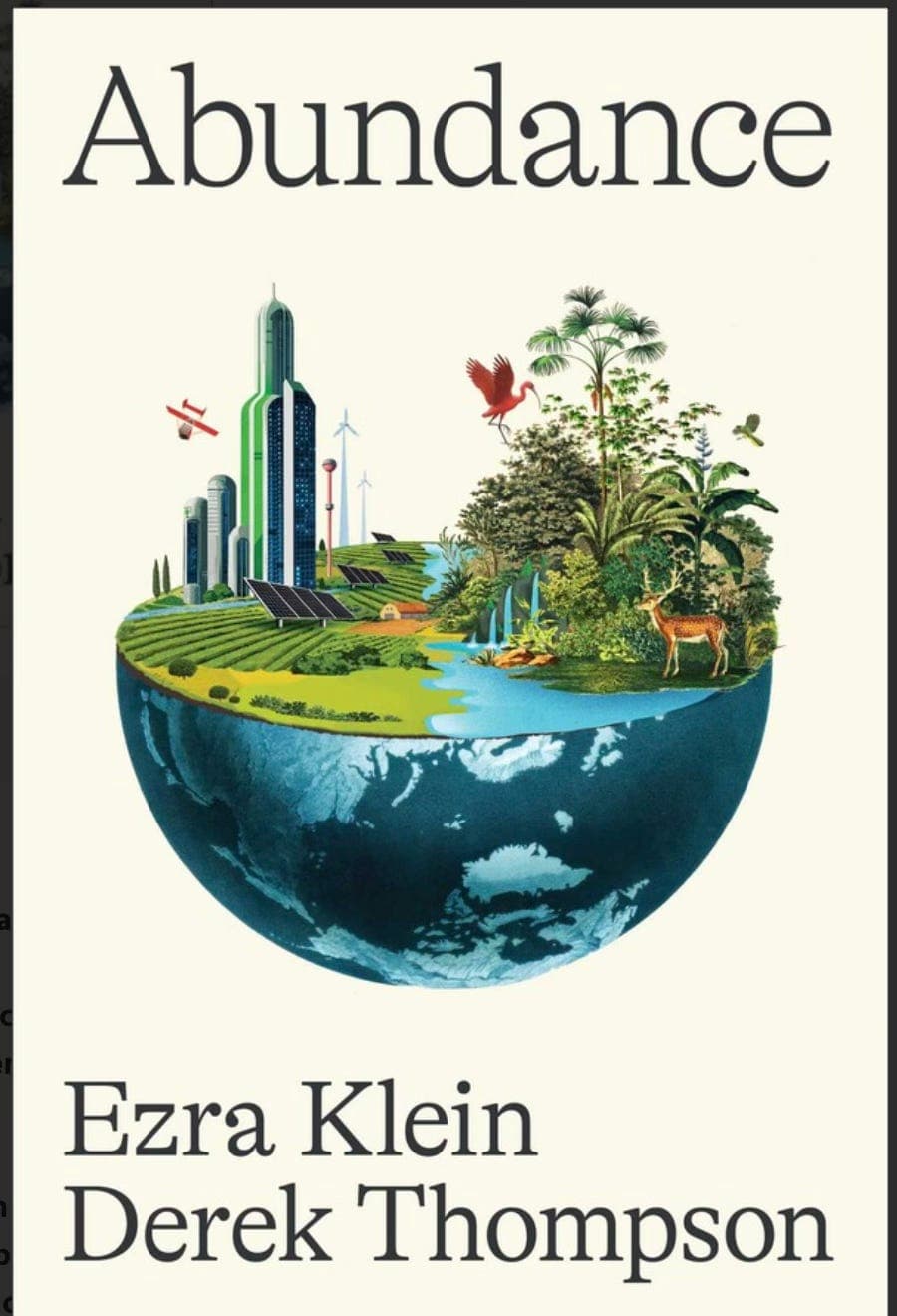David Brooks' Stance on "Abundance Movement" Sparks Discussion Amidst Broader Critiques

A recent tweet from Laura Fingal-Surma has highlighted David Brooks' purported critique of the "abundance movement," characterizing it as "too modest" and "too wonky." This social media commentary comes as the "abundance movement," notably championed by Ezra Klein and Derek Thompson in their March 2025 book Abundance, gains traction in policy circles. The movement advocates for overcoming "self-imposed scarcity" in areas like housing, infrastructure, and energy by reducing regulatory barriers and fostering a "politics of plenty."
"David Brooks’ sharp critique of the abundance movement: It’s too modest, and it’s too wonky. #Abundance2025 @nytdavidbrooks @DKThomp @ezraklein" stated Laura Fingal-Surma in her tweet.
However, public statements from David Brooks himself appear to offer a more nuanced, and often positive, view of the abundance agenda. Brooks has previously lauded Klein and Thompson's book as "spectacular" and inspiring, noting that it "enlarge[s] the imagination by describing the good things that are actually within our grasp." His commentary has emphasized the values inherent in the agenda, suggesting an alignment rather than a sharp critique.
The "abundance movement" posits that many societal challenges, such as housing shortages and inadequate infrastructure, stem from regulatory hurdles and a collective mindset of scarcity. Proponents argue for policies that enable greater construction, innovation, and public service delivery. This perspective seeks to shift focus from a "politics of scarcity" to one that actively builds and expands resources.
Despite Brooks' generally favorable public remarks, the movement has faced other critiques. Some observers argue that it may overlook the needs of distressed regions by primarily focusing on growth in booming areas, or that it doesn't adequately address issues of corporate power and lobbying. Others suggest that while specific proposals like zoning reform are valuable, the broader "abundance versus scarcity" paradigm might be too simplistic for complex societal problems.
The discrepancy between the tweet's characterization and Brooks' published comments highlights the ongoing discourse surrounding the "abundance movement." While the movement aims to foster a more productive and resource-rich society, its practical applications and underlying philosophies continue to be debated and refined by various commentators and policymakers.